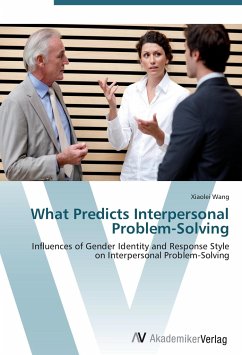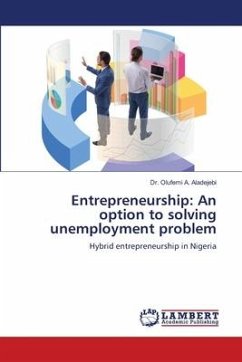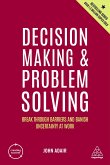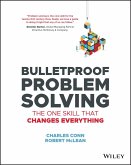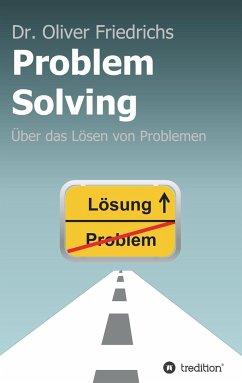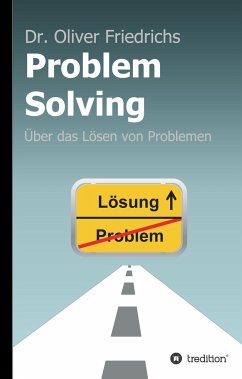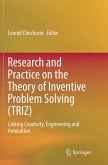Revision with unchanged content. This book intends to develop and empirically validate an integrated model that investigates the predictors of interpersonal problem-solving. The work is important for two reasons. First, few empirical studies have provided integrated models that examine the effects of gender identity on the two conceptually related coping behaviors, namely, response style and interpersonal problem-solving. Second, the studies conducted to examine the relations of gender identity to response styles and interpersonal problem-solving have shown inconsistent and inconclusive findings. Results of the work indicated two independent problem-solving processes, i.e., interpersonal problem-solving and rational problem-solving. The relations between gender identity and response style and the two processes are different. The book is addressed not only to professionals who work with clients with interpersonal problem, but also individuals, including college students and their parents, who are interested to understand the causes of interpersonal problems. It is also directed towards researchers in gender identity and interpersonal problem-solving.

